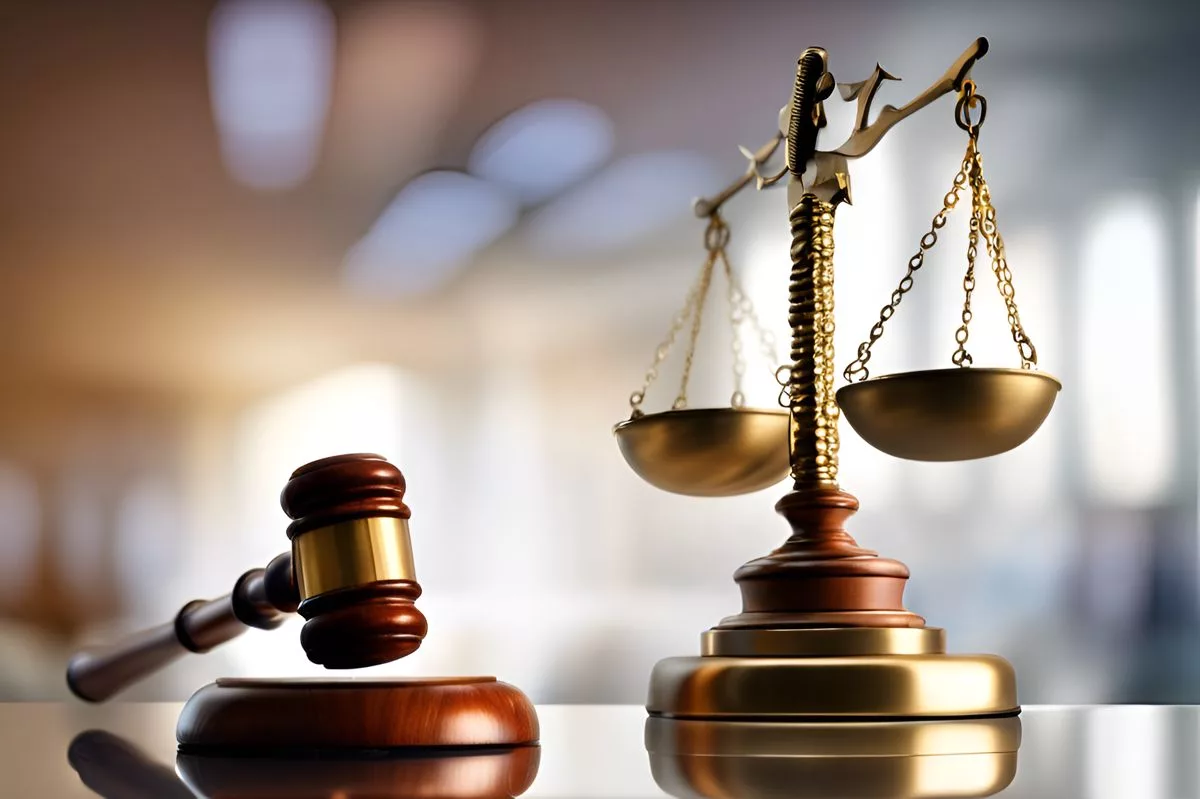The outcome of the case, to be decided by the International Court of Justice, could have significant implications for South Africa’s global reputation and redefine the approach to human rights violations. The highly anticipated verdict, set to be announced on January 26, 2024, has the potential to impact various domains, including legal, political, and humanitarian. Regardless of the outcome, the case marks a growing openness of nations to interact with international institutions in the pursuit of justice.
South Africa has filed a lawsuit against Israel alleging breaches of the Genocide Convention with regards to Palestinians residing in Gaza. The case, set to be decided by the International Court of Justice, has implications beyond the courtroom and could significantly affect South Africa’s global reputation. The outcome of the case has the potential to redefine the approach to human rights violations and the application of the Genocide Convention.
Anticipation Builds Over Landmark Lawsuit
The United Nations’ judicial arm, the International Court of Justice (ICJ), prepares to announce its verdict in a revolutionizing legal battle initiated by South Africa against Israel. The lawsuit, lodged last December, denotes Israel’s alleged breaches of the Genocide Convention concerning the Palestinians residing in the Gaza Strip.
South Africa’s Minister of International Relations and Cooperation, Dr. Naledi Pandor, will embody the country’s viewpoint by journeying to The Hague to witness the declaration of the judgment. The outcome has consequences that extend beyond the courtroom, with the potential to considerably affect South Africa’s global reputation and stimulate domestic backing in the imminent crucial elections.
The Department of International Relations’ spokesperson, Clayson Monyela, confirmed that the decision would be disclosed on January 26, 2024, at 1 p.m. at the Peace Palace in The Hague. The Court’s President, Judge Joan E. Donoghue, will be the formal announcer of the judgment.
South Africa’s Legal Argument and National Sentiment
At the core of South Africa’s case is a plea to the Peace Court for multiple directives against Israel, the most critical being the immediate cessation of the disputed Gaza offensive. However, South Africa’s legal plea extends beyond the request to halt the offensive; it also encompasses an appeal to cease forced displacement and enable humanitarian aid for the numerous displaced Palestinians.
The legal professionals tasked with advocating South Africa’s case received a triumphant welcome upon their return to the OR Tambo International Airport earlier this month. A statement by President Cyril Ramaphosa encapsulates the nation’s feelings, expressing admiration for the potent legal team and its representation of South Africa at the world’s apex court in The Hague, the Netherlands.
Global Impact and The Intersection of Law and Politics
The legal battle between South Africa and Israel, by virtue of its focus on the Genocide Convention’s application, has spotlighted the tense circumstances in the Gaza Strip. This genocide lawsuit serves as an unprecedented case, not only due to the nations involved but also the potential global implications of the verdict.
This case demonstrates the interconnectedness of legal discourse, international relations, and national politics. The judgment, irrespective of the result, will reverberate across various domains – legal, political, and humanitarian. This underscores the role of international law as a mechanism to confront, and potentially rectify, human rights violations, even in scenarios fraught with political intricacies.
The lawsuit between South Africa and Israel narrates a fascinating tale of how nations steer through the often-stormy seas of international law, human rights, and national interest. Regardless of the lawsuit’s outcome, its mere occurrence signifies a growing openness of nations to interact with international institutions in the pursuit of justice.
Awaiting a Potential Redefinition of Human Rights Approach
As global anticipation for the ICJ’s decision builds, it’s clear that this lawsuit signifies more than a judicial conflict between two nations. It illuminates the inherent complexities and challenges within international law, and the quest for justice within a frequently tumultuous global environment. As the world holds its breath, all eyes are now set on The Hague, in anticipation of a judgment that could potentially redraw the approach to human rights violations and the application of the Genocide Convention.
What is the South Africa vs. Israel lawsuit about?
South Africa has filed a lawsuit against Israel for alleged breaches of the Genocide Convention with regards to Palestinians residing in Gaza. The case has implications beyond the courtroom and could significantly affect South Africa’s global reputation.
When will the verdict be announced?
The verdict will be announced on January 26, 2024, at 1 p.m. at the Peace Palace in The Hague by the Court’s President, Judge Joan E. Donoghue.
What could be the potential impact of the lawsuit?
The outcome of the case has the potential to redefine the approach to human rights violations and the application of the Genocide Convention. It could impact various domains, including legal, political, and humanitarian, and significantly affect South Africa’s global reputation.
What is South Africa’s legal argument?
South Africa’s case includes an appeal to cease forced displacement and enable humanitarian aid for the numerous displaced Palestinians. The most critical demand is the immediate cessation of the disputed Gaza offensive.
How does this lawsuit intersect with law and politics?
The legal battle between South Africa and Israel, by virtue of its focus on the Genocide Convention’s application, has spotlighted the tense circumstances in the Gaza Strip. This case demonstrates the interconnectedness of legal discourse, international relations, and national politics.
What does this lawsuit signify for international law?
Regardless of the outcome, this lawsuit signifies a growing openness of nations to interact with international institutions in the pursuit of justice. It illuminates the inherent complexities and challenges within international law and the quest for justice within a frequently tumultuous global environment.













